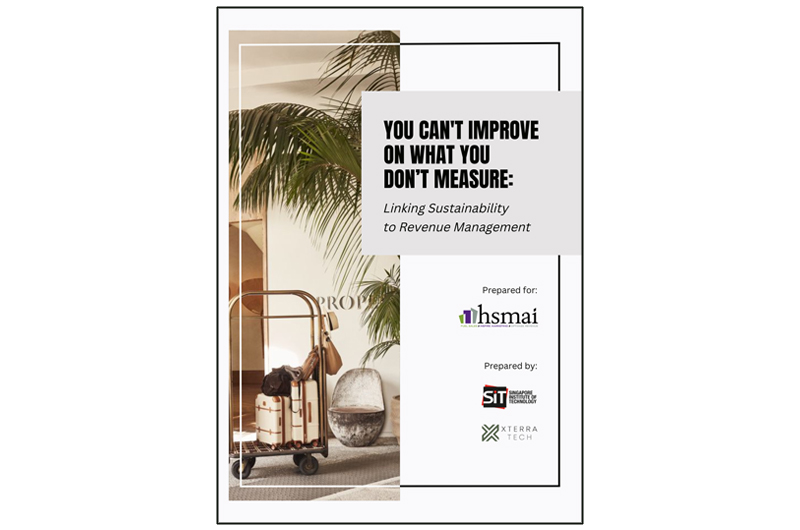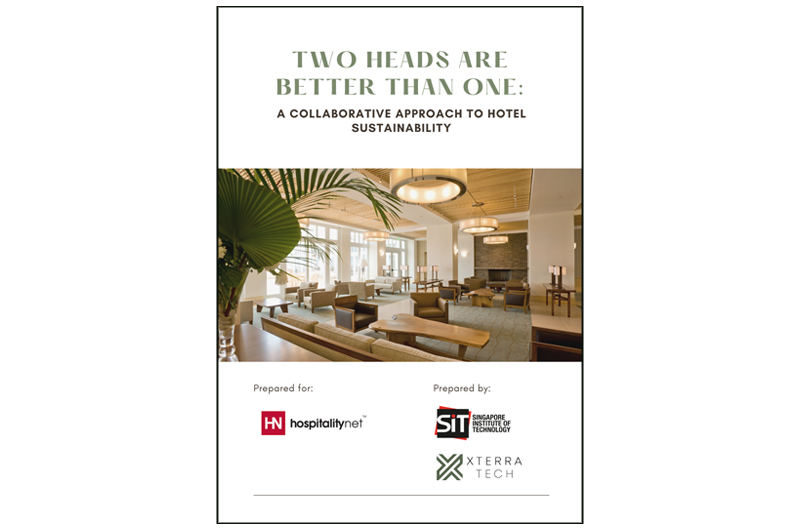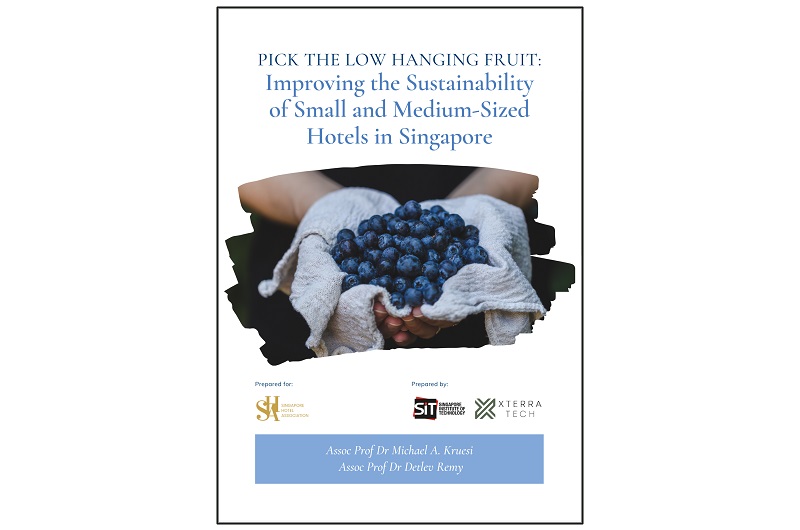Resources
We write white papers and other articles that offer insights and strategies to help businesses in the hospitality and tourism industries become more sustainable. Our resources are designed to provide practical advice, best practices, and real-world case studies to help businesses reduce their environmental impact while improving their operations.

You can't Improve on What You Don't Measure: Linking Sustainability to Revenue Management
Sustainability is becoming an increasingly discussed topic in the hospitality industry, and one thing is clear, it is here to stay. However, for hotel businesses this does not only imply an investment in the short term, but also represents an opportunity to increase their revenues in the long term. As with the case of integrating reputation management with revenue management, the incorporation of sustainability practices and policies into the operation of a hotel business could potentially lead to revenue maximization. It is well established that better reviews and a higher trust score allow hoteliers to increase their price points, while maintaining the same occupancy percentage and market share. Therefore, the authors of this whitepaper suggest applying this rationale to sustainability also, highlighting sustainability's link it to revenue management. Specifically, once a hotel business's sustainability efforts can be objectively measured and benchmarked against its competitors and the industry averages, the business can then use this information in its promotions and charge higher prices.

Two Heads are Better than One: A Collaborative Approach to Hotel Sustainability
The white paper explores the benefits of engaging both employees and guests in a hotel's sustainability initiatives. The authors argue that a dual approach is more effective for improving hotel sustainability, as it brings together the strengths of both stakeholders, leading to a more efficient use of resources and a culture of sustainability that drives continuous improvement. Firstly, the paper highlights the advantages of engaging employees, including increased job satisfaction, employee morale, and a more productive and motivated workforce. Secondly, the advantages of engaging guests are outlined, including cost savings, improved brand image, better communication, and increased loyalty. The authors then outline 10 strategies for both engaging employees, as well as 10 strategies for engaging guests, before highlighting some industry examples of where this has been done in practice. The white paper then presents the findings of research conducted on Singaporean hoteliers, examining their views on this collaborative approach, before concluding the white paper with an action plan that hoteliers could implement.

Pick the Low Hanging Fruit: Improving the Sustainability of Small and Medium-Sized Hotels in Singapore
Sustainability has become a major concern in the hotel industry in recent years and is an imperative that will be progressively driven by upcoming regulations. Importantly, it is also highly demanded by the market, with travelers increasingly expecting environmentally friendly practices from their accommodation providers. Raising the sustainability standards of hospitality businesses therefore results in better preparation for regulatory compliance, leading to certification, as well as an increased competitive advantage. In response to this, the large international hotel chains in Singapore have already implemented various sustainability measures, actively working towards lowering their environmental impacts. However, for small and medium-sized hotels, implementing such measures can be a challenge due to their limited resources and expertise.